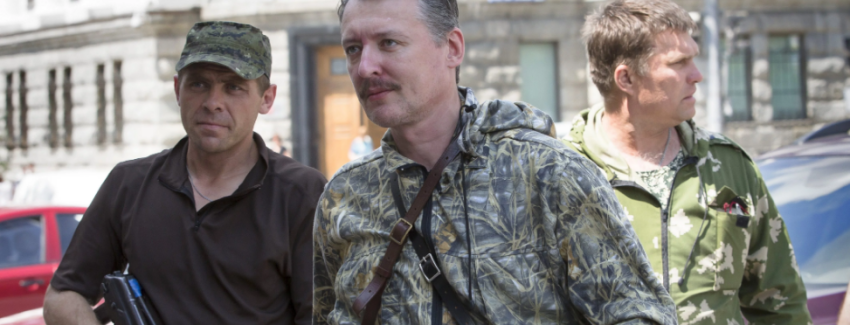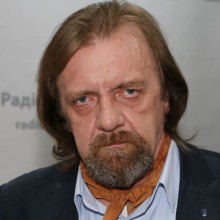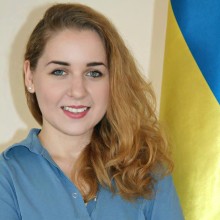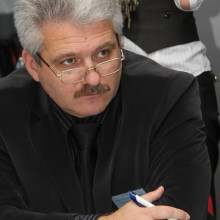Oleh Bielokolos
head of Department for International Bilateral Relations at the Maidan of Foreign Affairs Foundation
Recently, the ex-leader of the "DPR" Igor Strikov (aka Girkin) spoke against the possible transfer to Japan of the group of the Southern Kuril Islands and announced his intention to set up mass protests in Moscow on January 19-20.
I don't believe that his words in this context have any independent significance, because his very figure as a factor of politics is nonsense and commenting on its statements is not worthwhile.
In fact, the problem in the context of Russian-Japanese relations is much wider. Since World War 2, Japan has been trying to return under its jurisdiction the four islands of the Kuril ridge: Ithurup, Kunashir, Shikotan, and Habomai, which the USSR grabbed back in the day. And because of this fact, a peace treaty between Japan and Russia was never signed.
In November last year, reports emerged stating that Japanese Prime Minister Sinzo Abe seems to be trying to accelerate talks with Russia on a pair of islands of the Kuril Archipelago – Habomai and Shikotan. At the same time, he allegedly promised Russian President Vladimir Putin that, in case of the transfer of these islands to Japan, no U.S. military bases will be set up there.
In particular, it is the fact that the Ministry of Foreign Affairs of Russia literally summoned Japanese Ambassador Toyohisa Kodzuki that deserves attention. Russia complained that, in his statements, he distorts the arrangements reached between the two countries at the highest level concerning the Kuril Islands.
Nevertheless, any hopes for some kind of warming in relations between the two states, as well as on the solution of Russia's territorial issues, seem unlikely. After all, Japan today, at least in terms of security, almost completely relies on the United States – a strong military alliance exists between Tokyo and Washington. And because of this, most of Japan's establishment is equally skeptical about any possible arrangements between Russia and Japan.
Besides, in recent years, Russia's attention to the Arctic and the Far East has only increased, which is why the military bases, forgotten in Soviet times, are being restored there, and Russia is spending huge amounts on them.
But in general, given the results of Russia's last year's foreign policy, we can say that Moscow has lost its initiative. First of all, it was the scandal with former Colonel GRU Sergei Skripal who was poisoned with "Novichok" nerve agent in British Salisbury that contributed to this. After Russia's involvement was established, it actually blocked any efforts by the Kremlin to reset dialogue with the West.
Russia's policy, first and foremost, is about sowing chaos in U.S. foreign policy in the Far East. And Russia is pumping up its efforts at this very moment, when the U.S. sees the region as truly important, because the second possible meeting between U.S. President Donald Trump and South Korean leader Kim Jong-un, which doesn't make Putin happy, has recently been discussed quite actively.
Against the background of the fact that Russian euphoria over the annexation of the Ukrainian Crimea has long gone, Vladimir Putin, as the orchestrator of the aggressor state's foreign policy, has obviously tasked his subordinates with seeking new opportunities in the international arena, including, aimed at weakening the United States and changing positions in the Far East.













